This website uses cookies so that we can provide you with the best user experience possible. Cookie information is stored in your browser and performs functions such as recognising you when you return to our website and helping our team to understand which sections of the website you find most interesting and useful.
mindset
podcast
plant-based tips
meal prepping
meal planning
listen now
Plant-based inspiration and wisdom for your nutrition journey
Plant Centered &
Thriving Podcast
Tune in!
learn more
My motto? Take it step by step. Everyone’s on a different journey, and nutrition never looks exactly the same for any two people. To build sustainable, healthful eating habits, I believe in a personalised approach that gets to the root of your unique needs and goals.
Your Registered Dietitian Nutritionist & plant-based eating advocate
hey! I'm Ashley Kitchens

Protein is something that a lot of plant-based eaters get asked about. It is also a topic that many of my clients are interested in learning more about. And once you know a little bit more about nutrition and plant-based eating, you quickly realize that there is still so much misinformation and protein myths out there. So, get ready to bust these myths – once and for all – and to learn more about protein.
1. Protein: What is all the hype about?
The most common question you’re going to get as a vegan or plant-based eater is: Where do you get your protein or are you getting enough protein? But what even is protein, and why are so many people suddenly concerned about your daily intake?
Protein – very simplified – is one of the three macronutrients, alongside carbohydrates and fats. It’s one of the nutrients that most animal products – especially meat – contain. So, for a lot of people, when you subtract animal products from your diet, you take out all the protein too, right? Well, luckily that’s not the case.
There’s a lot of misinformation out there that meat is our only source of protein or the best source of protein. So what can be helpful is reframing the fact that plants have protein, too. And in fact, they have a lot of protein, more than we ever probably think about.
Part of the reason we’re so obsessed with protein as a culture can be found in recent history. Do you remember the low-fat diet craze in the 80s? It was being promoted by physicians, the federal government, the food industry, and the media. Protein was everywhere! Fat was “bad” and protein was “good.” Even in the 90s and in the 2000s, low carbohydrate diets were some of the most popular diets during that period. Due to all that, protein rose to the surface as this incredibly important macronutrient when – spoiler alert – all three of them are equally important.
From a marketing point of view, high-protein products were more likely to sell better, while carbohydrates and fats were deemed “toxic” or “bad” by the public mind. So companies started to use protein as a selling point. And because of this, protein made its way to the forefront of our minds. But if something is good for us, does that mean more is better? Not always.
2. How much protein do I need if I am plant-based?
Now that we know why protein is so popular, how much protein do we really need? There is a lot of difference in opinion here. I’ve seen recommendations from needing hundreds of grams a day to only needing 30 or 50 grams a day.
Very generally, the Recommended Dietary Allowance, known as RDA, for protein is about 0.8 grams of protein per kilogram of body weight. The RDA gives you the amount of a nutrient that you need to meet your basic nutritional requirements. For example, if you were to weigh 200 pounds, this would come out to about 72 grams of protein per day.
But that’s more of a rule of thumb. Because if you know me, you have a clear idea that I both personally and professionally don’t encourage counting macros or protein. I’ve never counted myself and I don’t have my clients count macros, either.
How much protein you need is dependent on a lot of factors and I recommend working with a dietitian if you’re concerned about your intake.
3. How do I know if I’m getting enough protein?
You might wonder then if I’m not counting, how do I know if I’m getting enough? A common protein myth is, aren’t plants incomplete sources of protein? No, they aren’t. They actually contain all the essential amino acids – these are the molecular particles that makeup proteins – just in different ratios. And research has actually shown that those eating plant-based diets get more than enough protein.
Maybe you’ve also heard of protein combining? This promotes that you have to eat certain proteins together to make sure that you’re getting the right ratios of amino acids. That is also a protein myth. Even though it was busted decades ago, we still hear it being talked about today. Some myths are just harder to bust.
Our body is also able to recycle about 90 grams of protein a day. So, if for some reason you just had a little bit less of a certain amino acid than you needed in the day, your body is just going to make sure that you’re getting everything you need.
To ensure that your body is getting all the nutrients it needs, I like to encourage two things. A general guide for plant-based eating is that if you’re (1) getting enough calories and (2) eating a variety of plants, you’re most likely getting more than enough protein. As I like to tell my clients: “I talk about variety because it is important that you do get variety into your diet so that you’re getting a mixture of not just macronutrients, but micronutrients like vitamins and minerals, too.”
Because it’s about more than just protein. A plant-based diet can not only nourish the body with enough protein, but it also has so many other great health benefits that the standard American diet can lack.
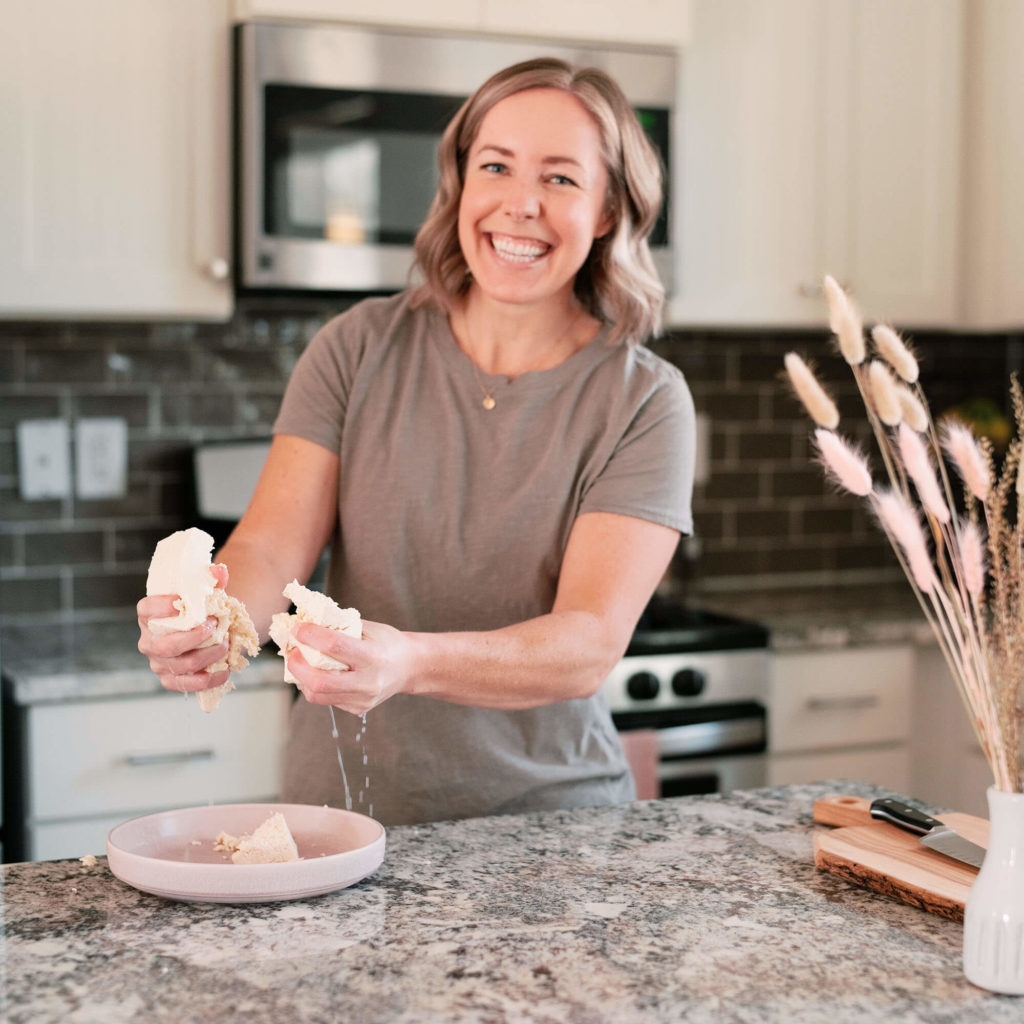
4. How can I add more protein to my diet?
If you’re still worried about getting enough protein while eating plant-based, there is always a way to sneak in a bit more. Maybe you want to feel fuller for longer or just feel more satiated. Say, you’re having a smoothie for breakfast. That is a great meal to add a bit of protein with some nuts and seeds and maybe some dark leafy greens. The same applies to oatmeal, you can easily swap out your toppings or add extra toppings for that extra protein kick.
It’s really helpful, especially when you’re transitioning or when you’re new to plant-based, to set your environment up for success. So, stock your pantry, your fridge or your freezer with things that you can add to these dishes to bulk them up a little bit more.
“Things like hemp seeds, chia seeds, flax meal as well as nuts and seeds are going to round out your meal to make it a bit denser” is advice that I like to give my clients.
Katie likes to take a colorful approach: “When you’re talking about whole foods, eating the rainbow, you can add as much to your plate as you want to. It really tricks your brain when you’re talking about restrictive diets.”
5. Do I need a protein powder?
If you’re still not convinced that you can get protein from eating whole foods, maybe you’re an athlete or lifting weights – what about protein powder? Do you need it? The short answer is: If you are having a colorful, abundant, whole food, plant-based plate, and getting enough calories for your activity level then no, you do not need protein powder.
You really don’t need a protein powder if you don’t want it. If you do want it, however, there is also nothing wrong with that. If you enjoy protein powder with your smoothie or in pancakes, that is totally fine. There are great plant-based protein powders out there that can easily bulk up your meal.
Hopefully, you found this information helpful and feel more reassured on your plant-based journey. All the misinformation that is out there when it comes to protein is usually based on myths or research that has been disproven a long time ago.
Really, the two main things to remember when eating plant-based is to make sure that you are getting enough calories and that you are getting variety into your diet. That will help ensure that you’re getting enough protein.
Listen to the podcast episode
IF YOU LOVE US, TELL US
If you enjoyed this episode, go ahead and hit SUBSCRIBE. There is a new episode every Monday. Click here to subscribe on iTunes.
And if you’re feeling generous, take a few seconds to leave The Plant Centered and Thriving Podcast a review on Apple Podcasts. Hearing what you think helps me to curate the best content possible that will benefit YOU. So all you do is click here to review, click “Ratings and Reviews” and “Write a Review.”
Leave a Reply Cancel reply
more to explore
more to explore
Get weekly guidance to support your plant-based journey while strengthening your relationship with food, including weekly plant-based recipe ideas, tips, encouragement and so much more.
Join our newsletter
want blog updates?
explore
Founded by registered dietitian Ashley Kitchens, Plant Centered Nutrition shares approachable, evidence-based insights to inspire a balanced, plant-forward lifestyle. Ashley partners with brands, podcasts, and publications to show that healthy eating doesn’t have to be complicated—it just has to feel good and fit your life.
making plant-based eating easy, joyful, and realistic.
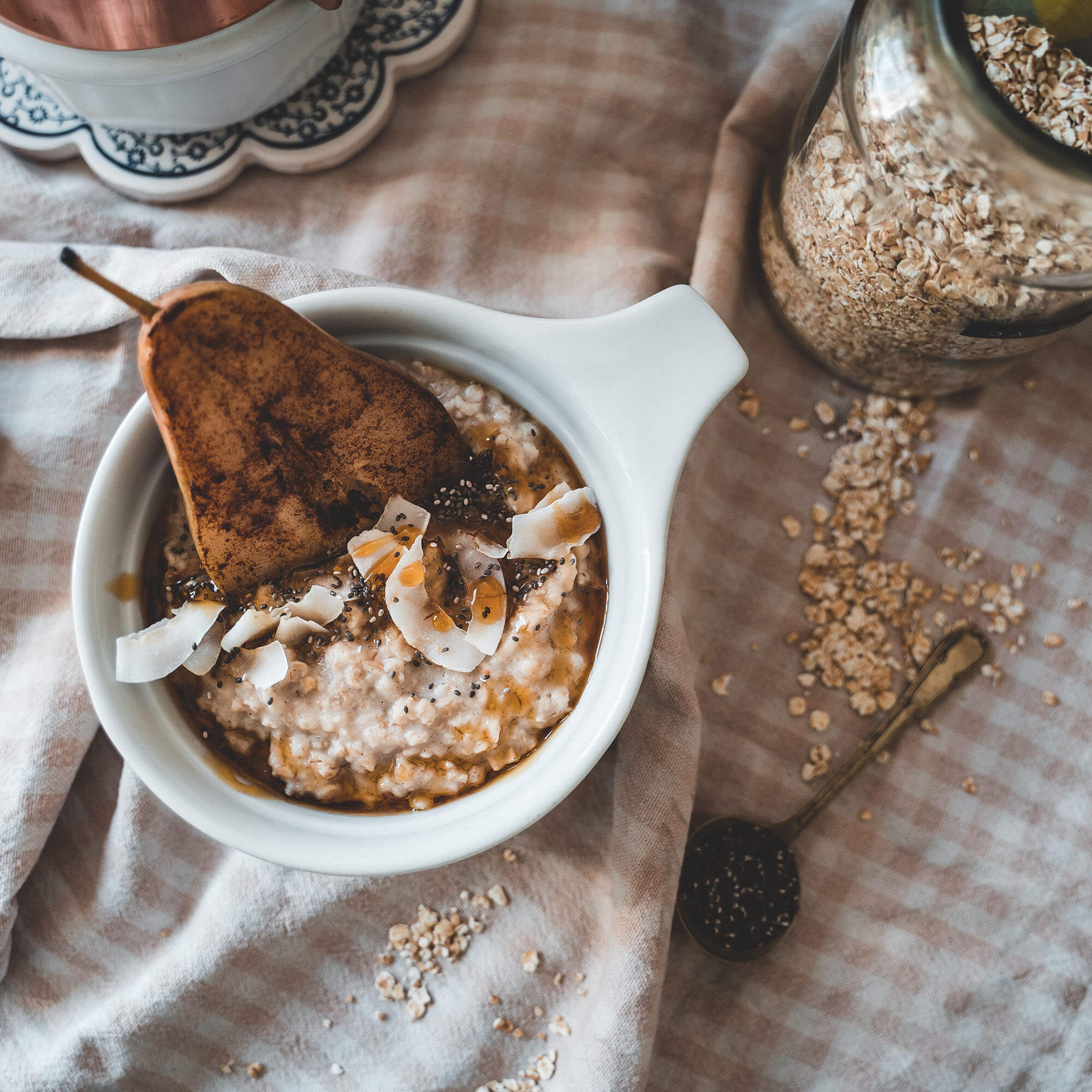


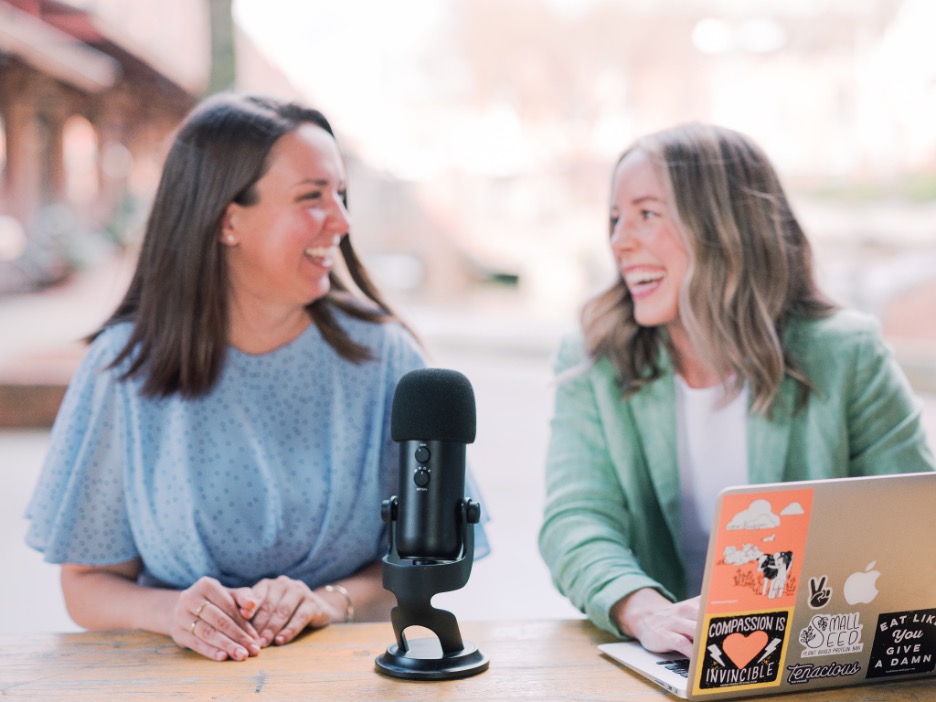


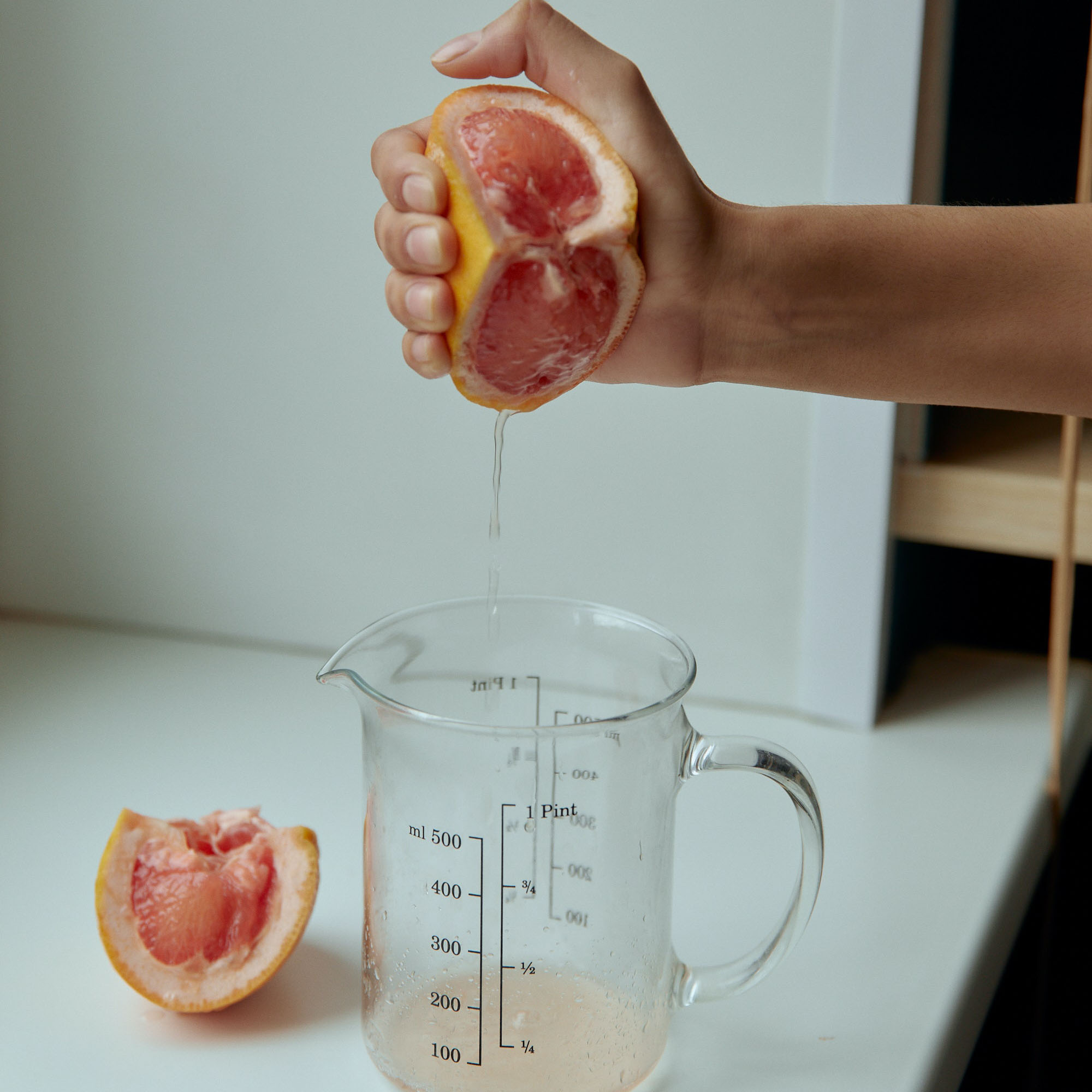
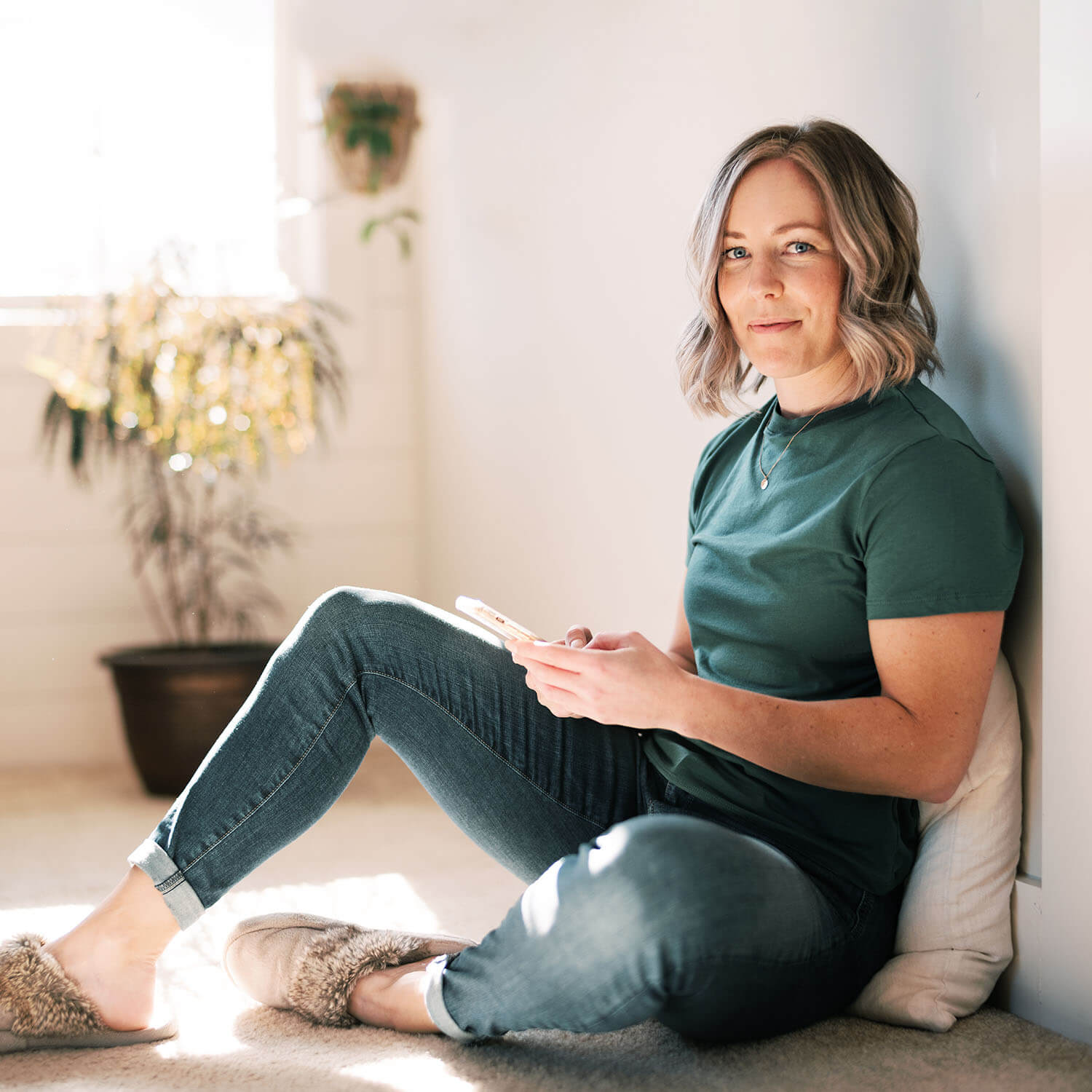
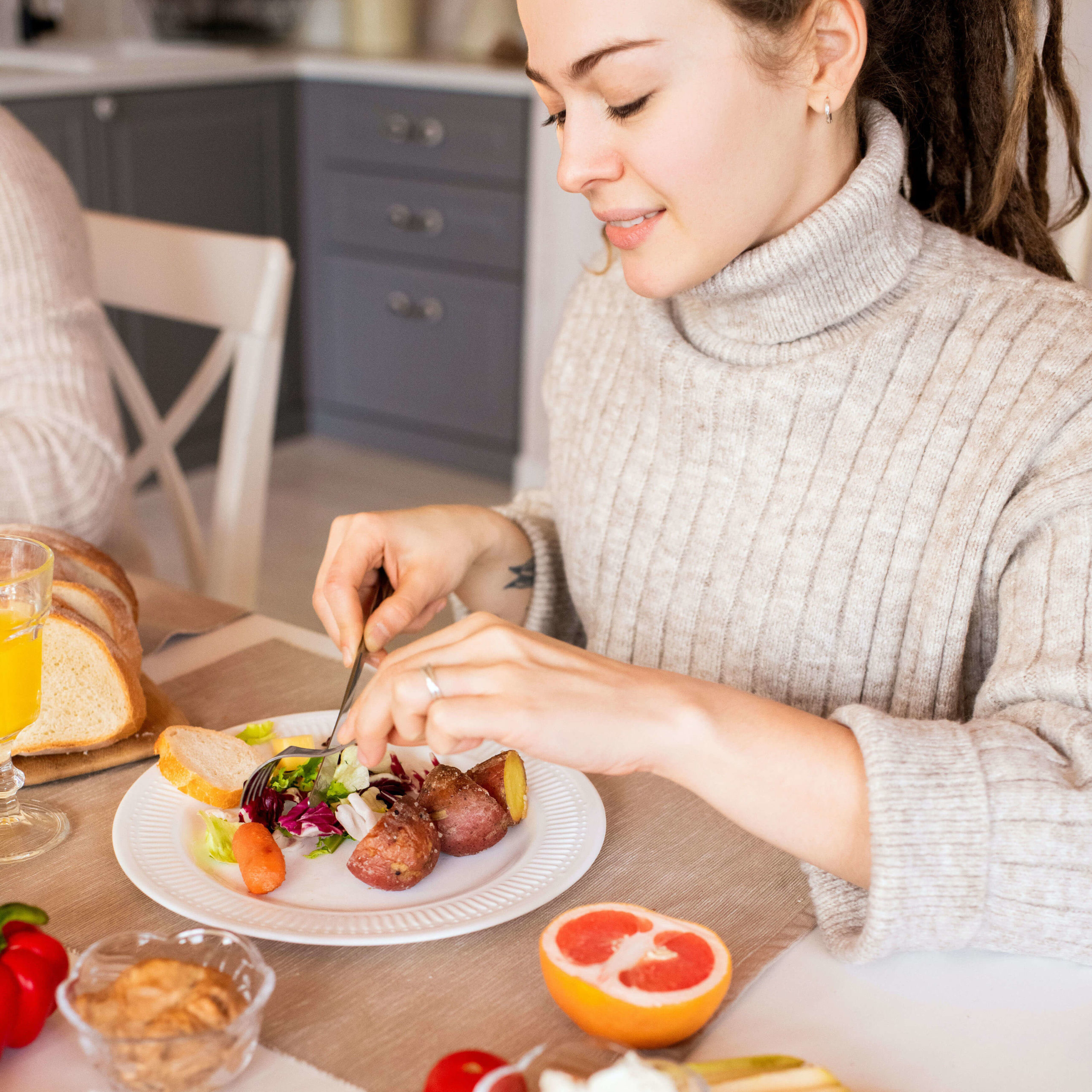
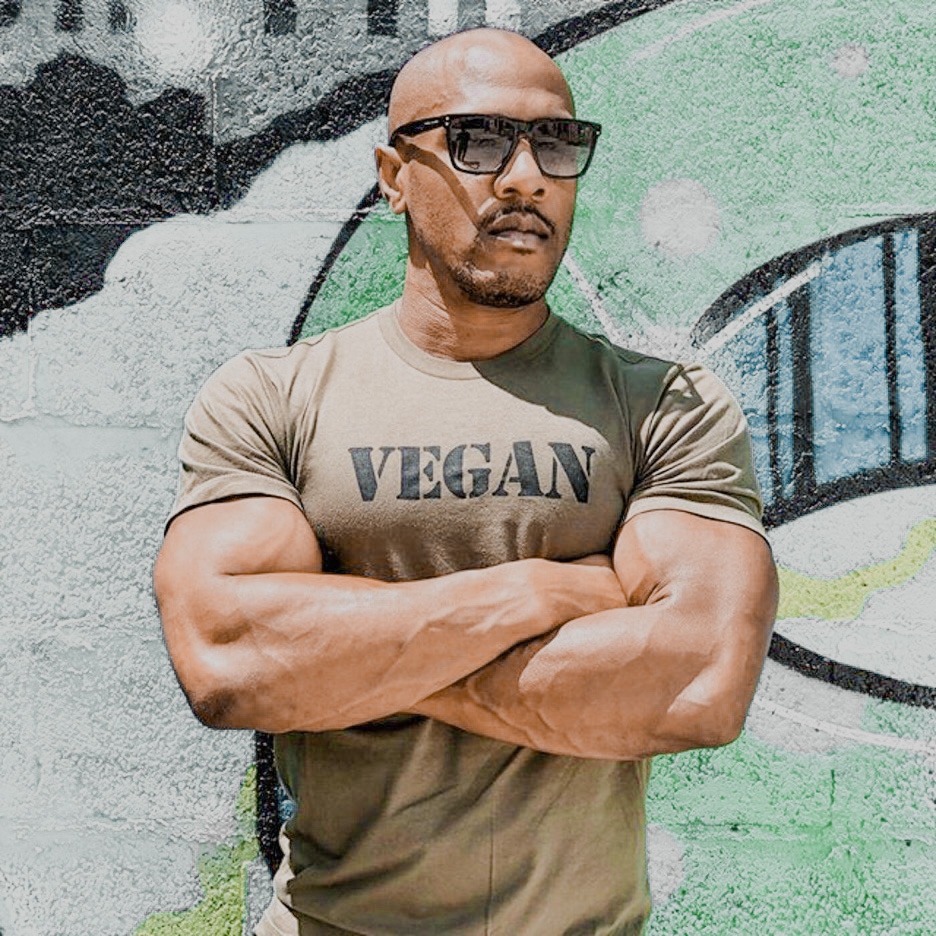

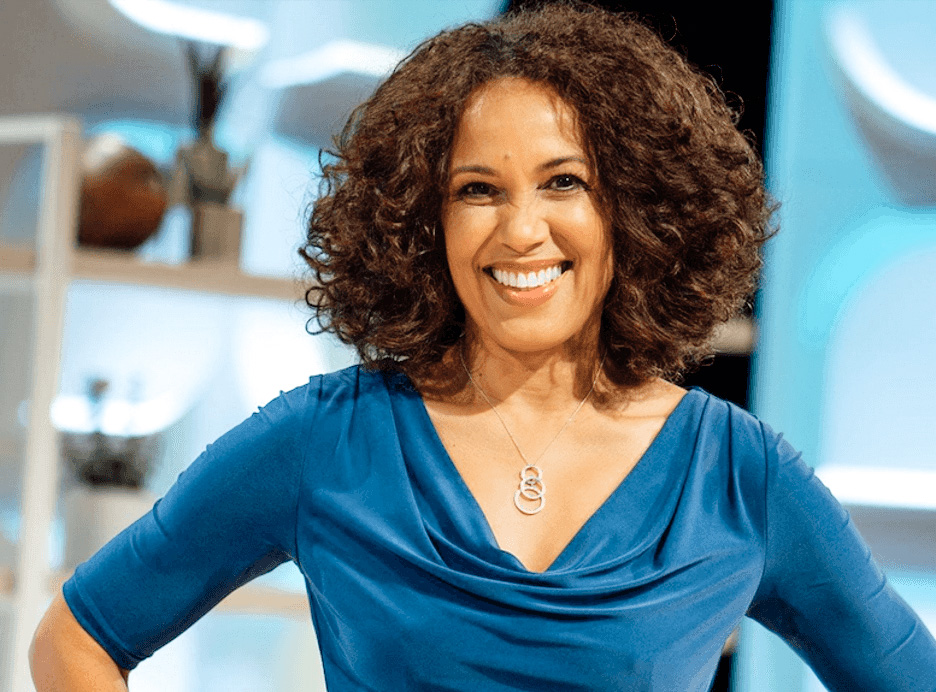
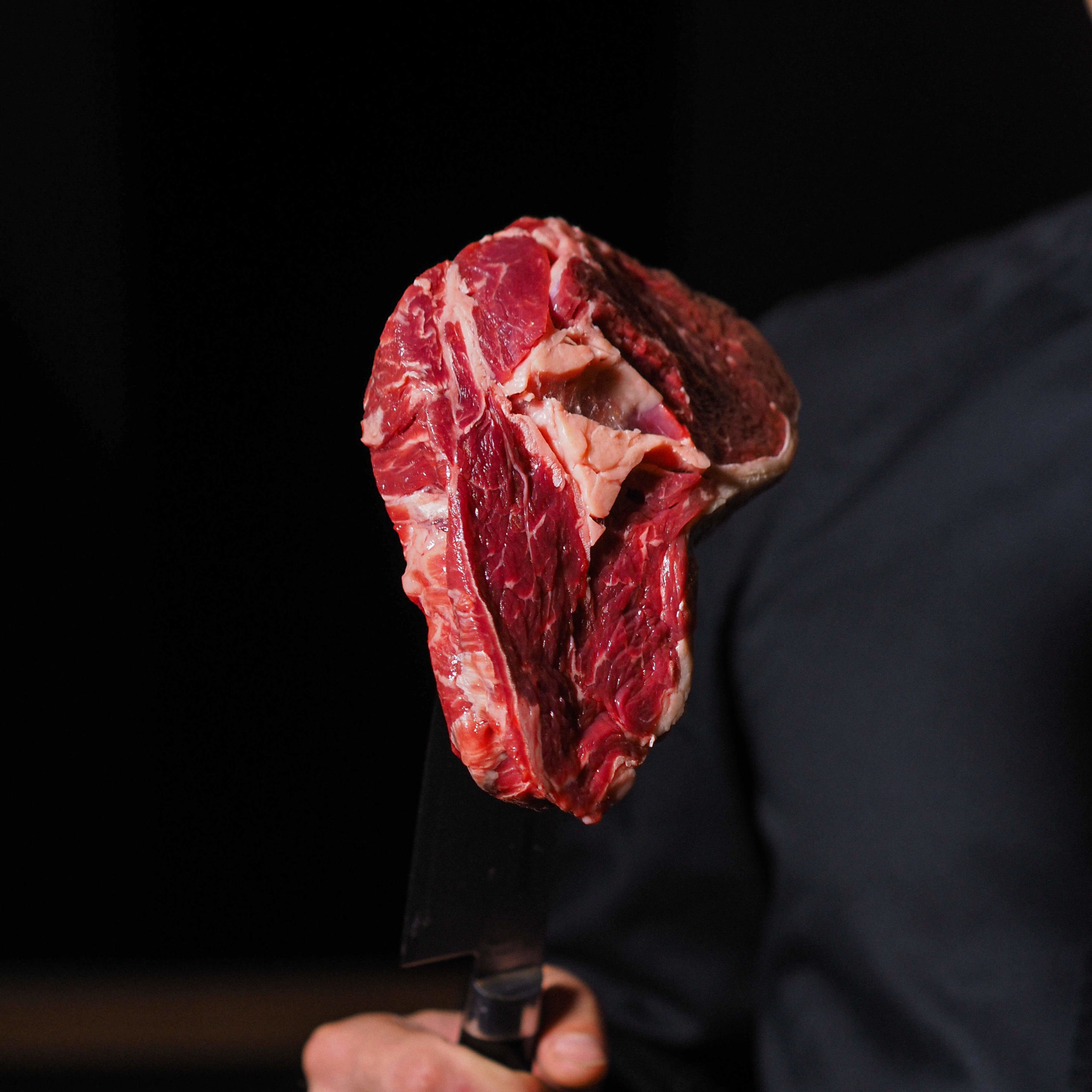

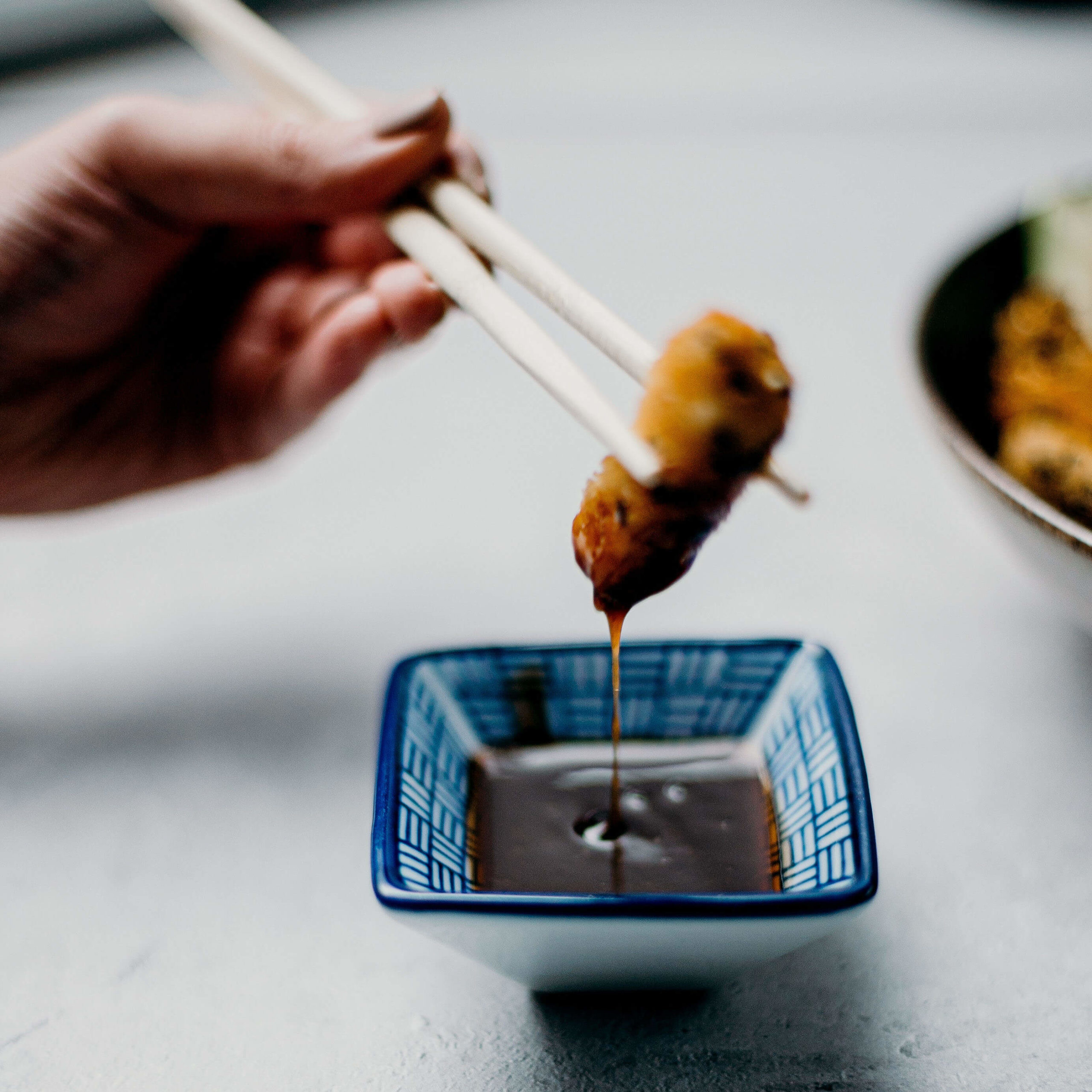

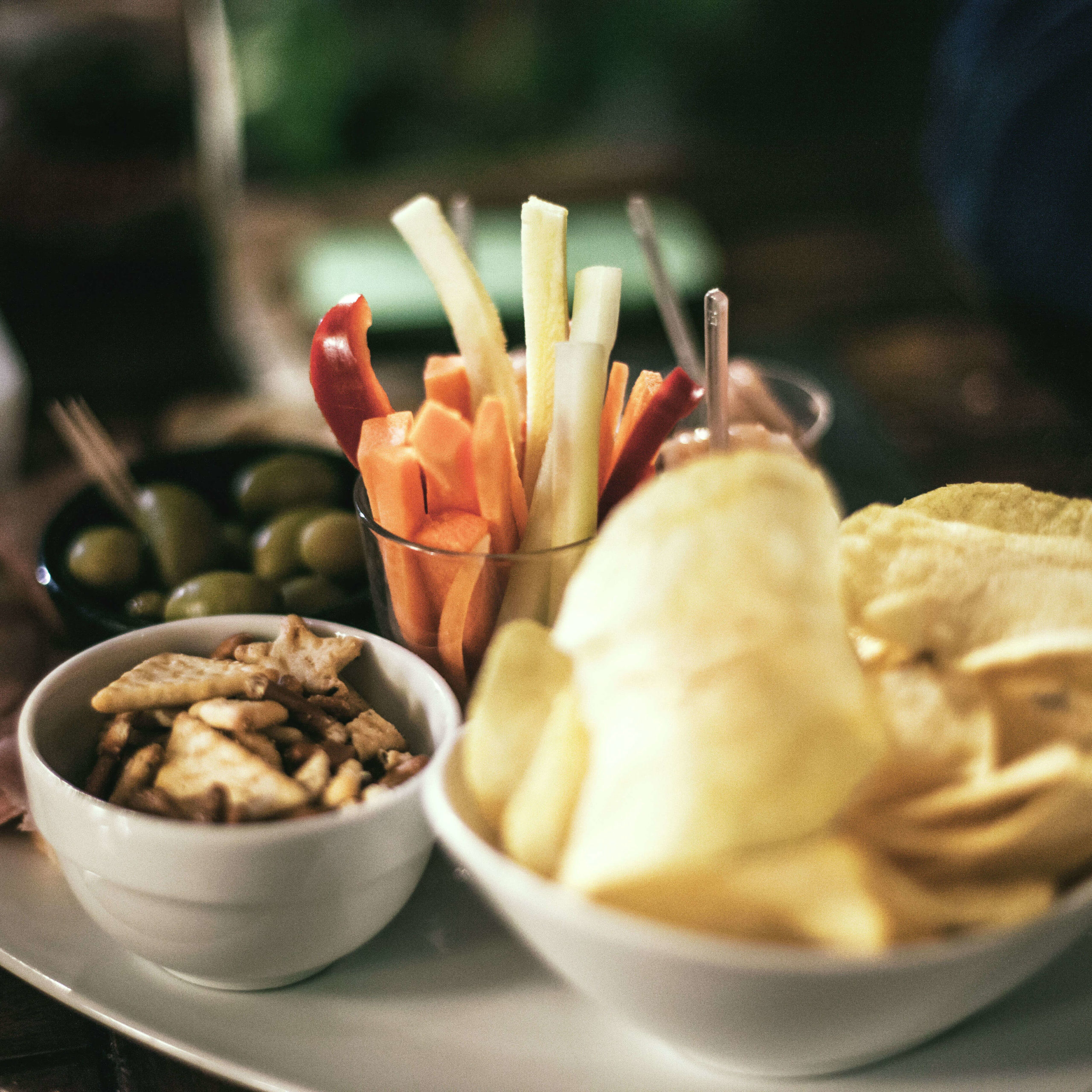
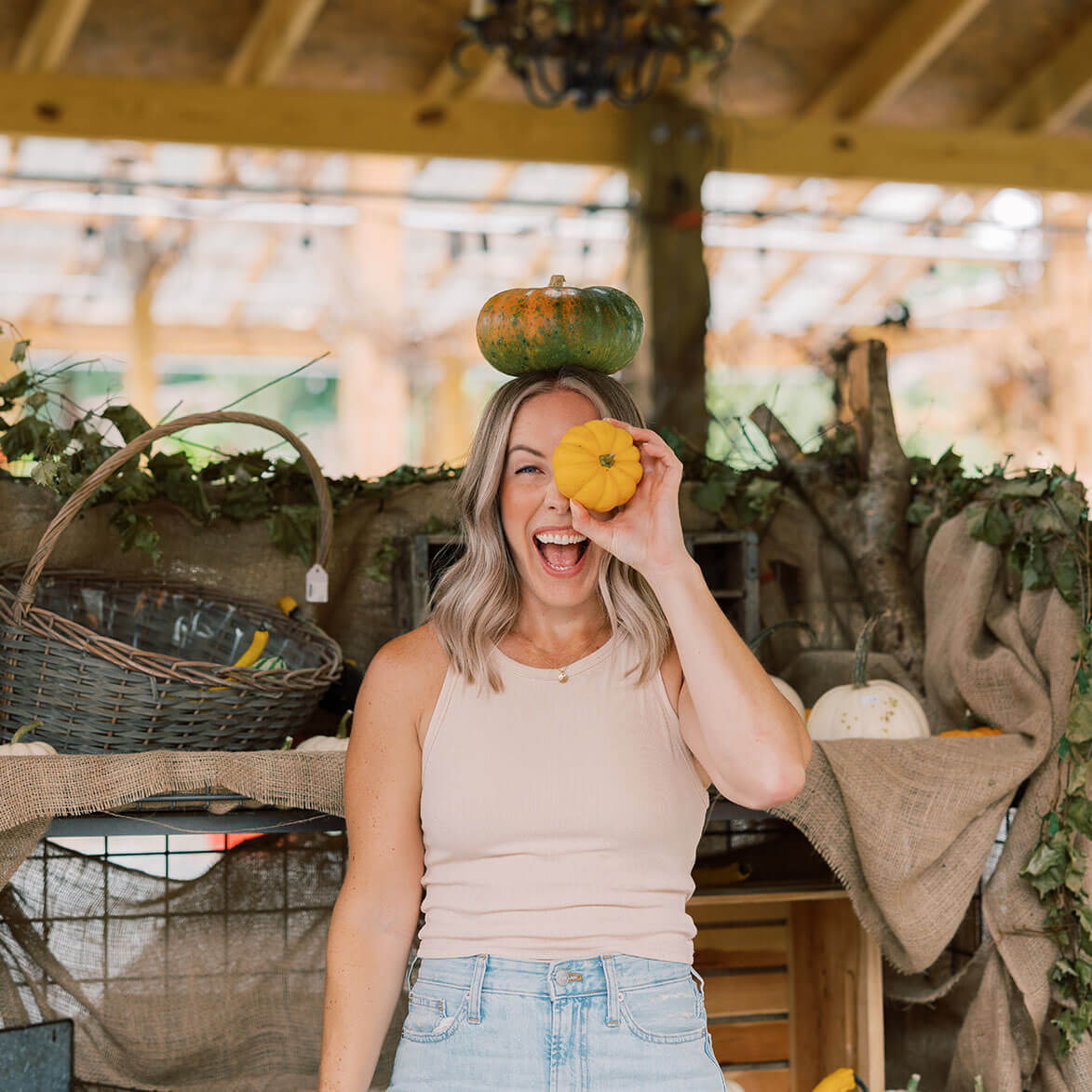
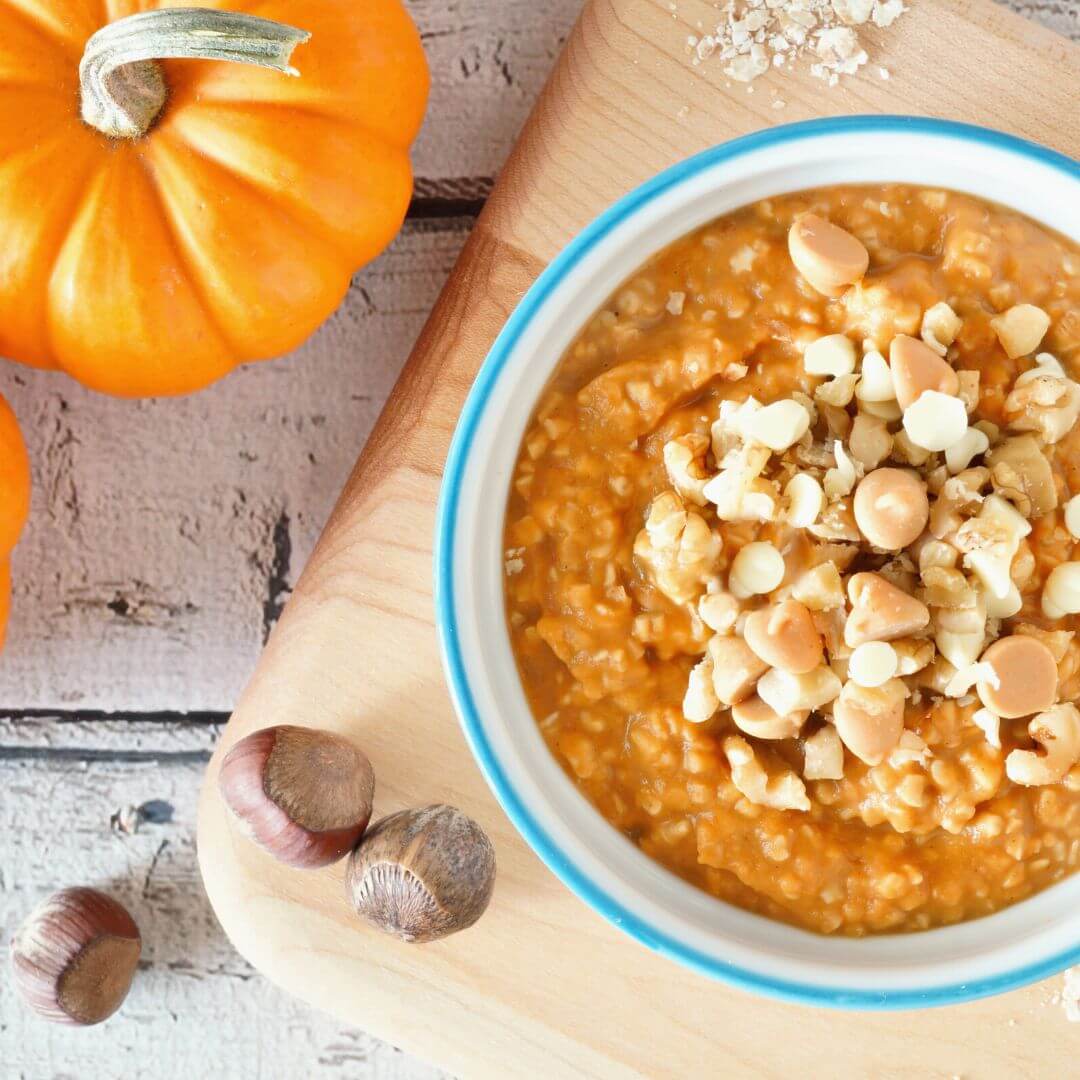
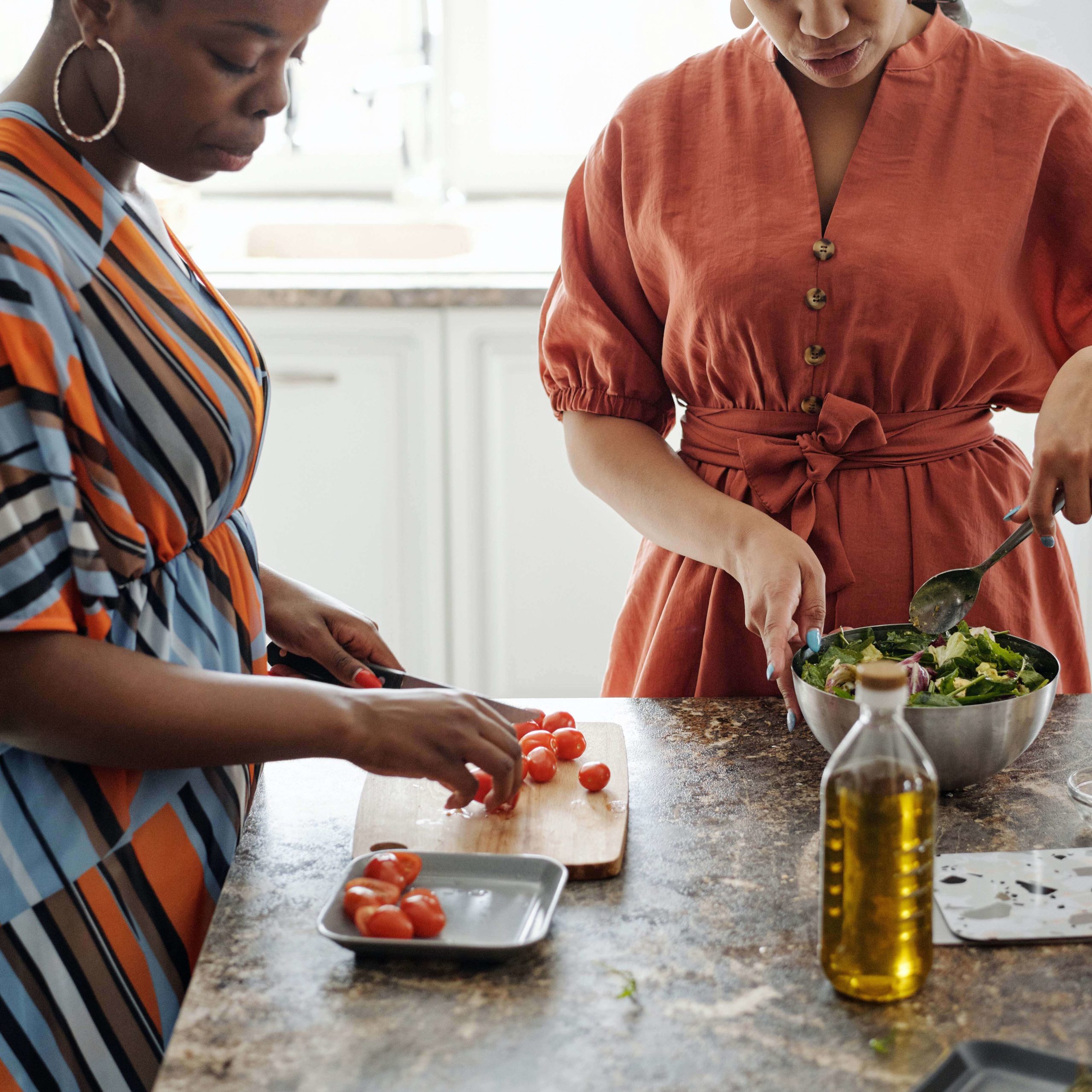
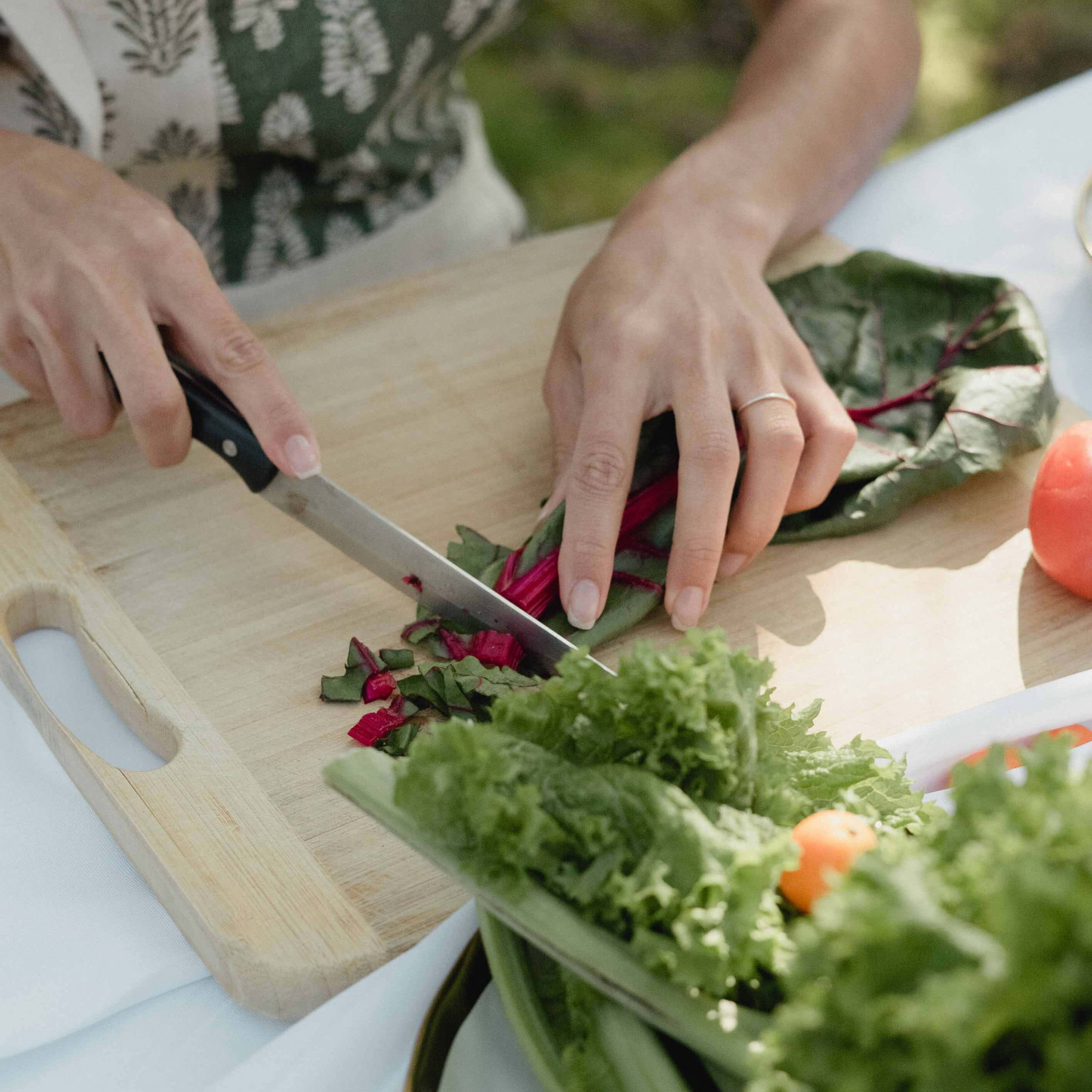
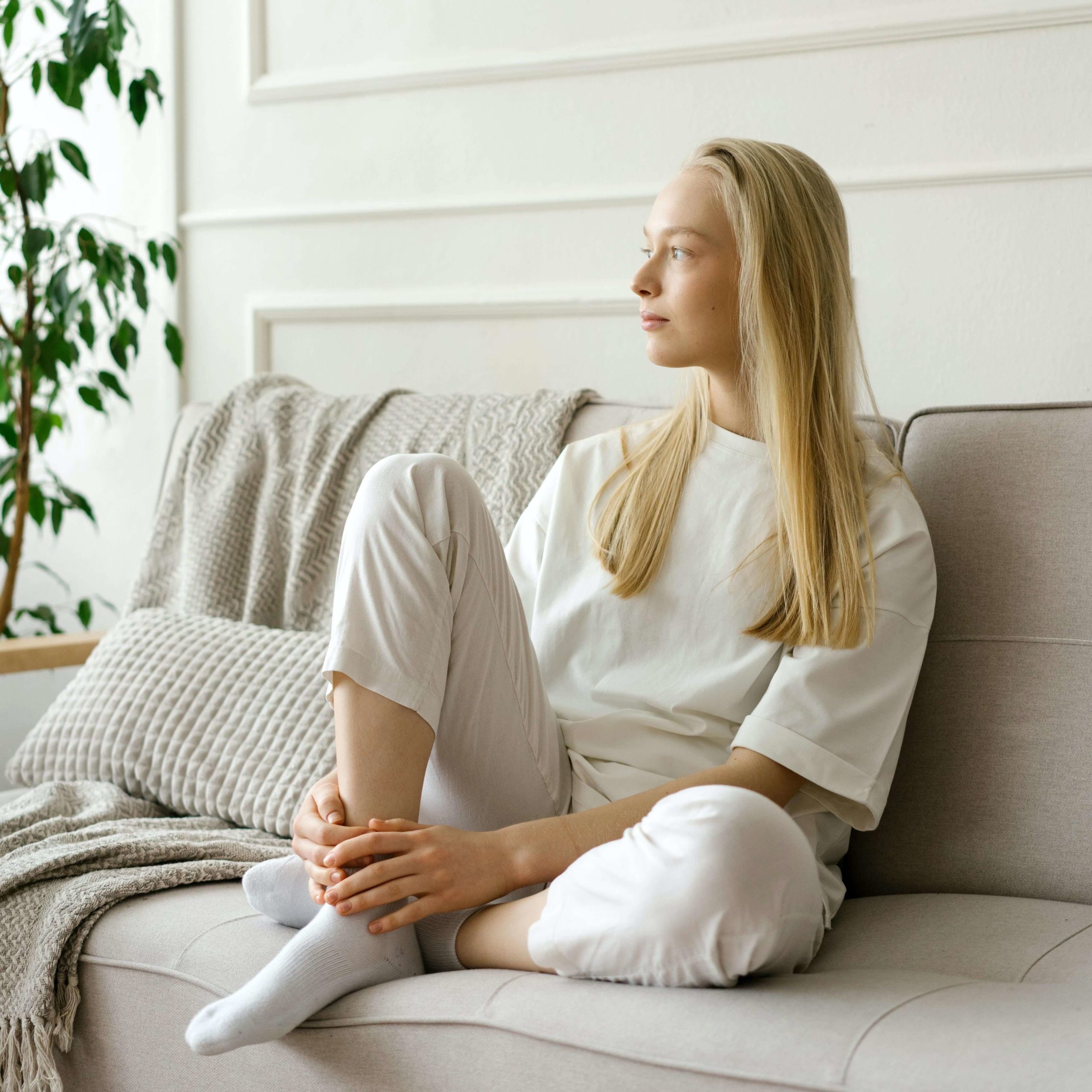
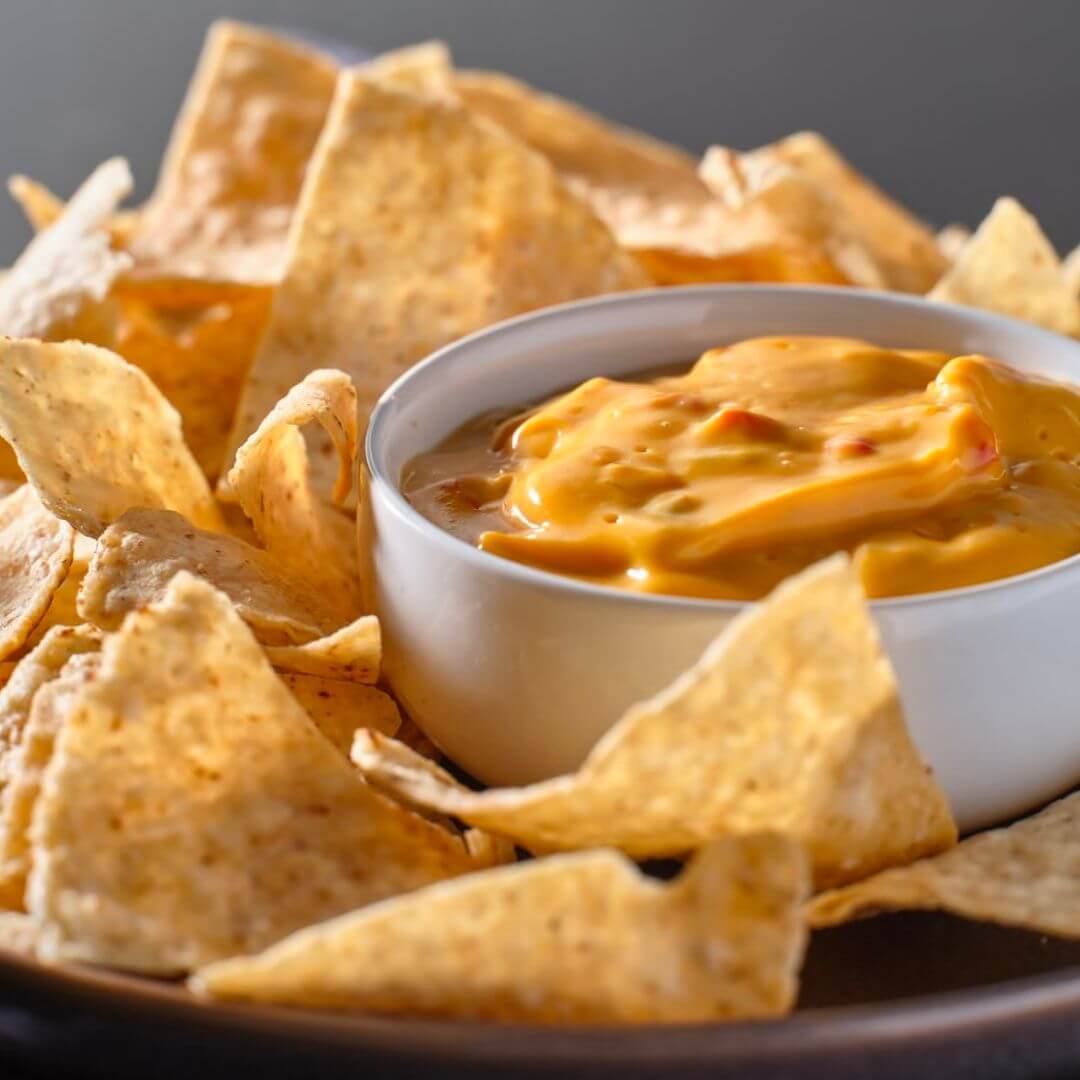
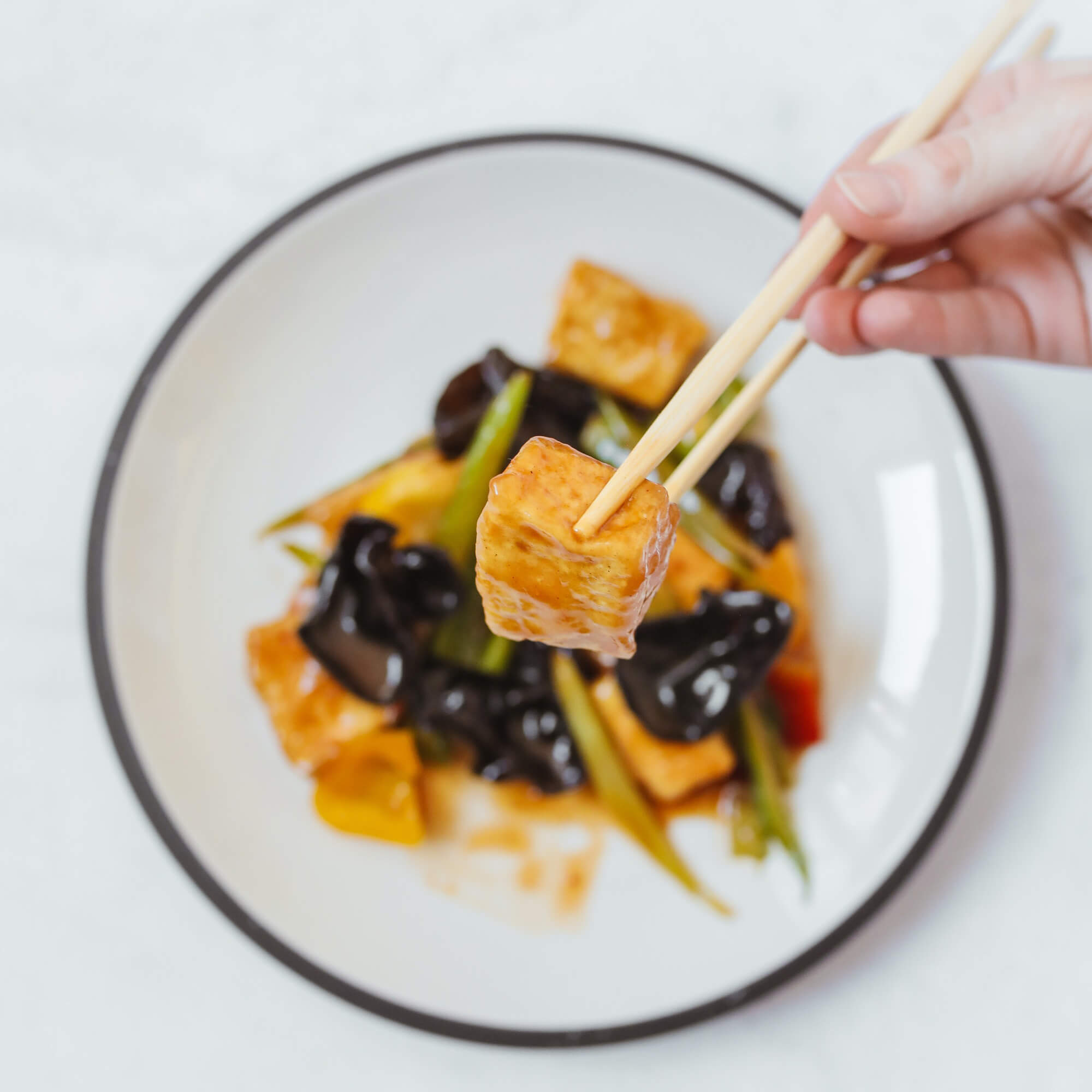
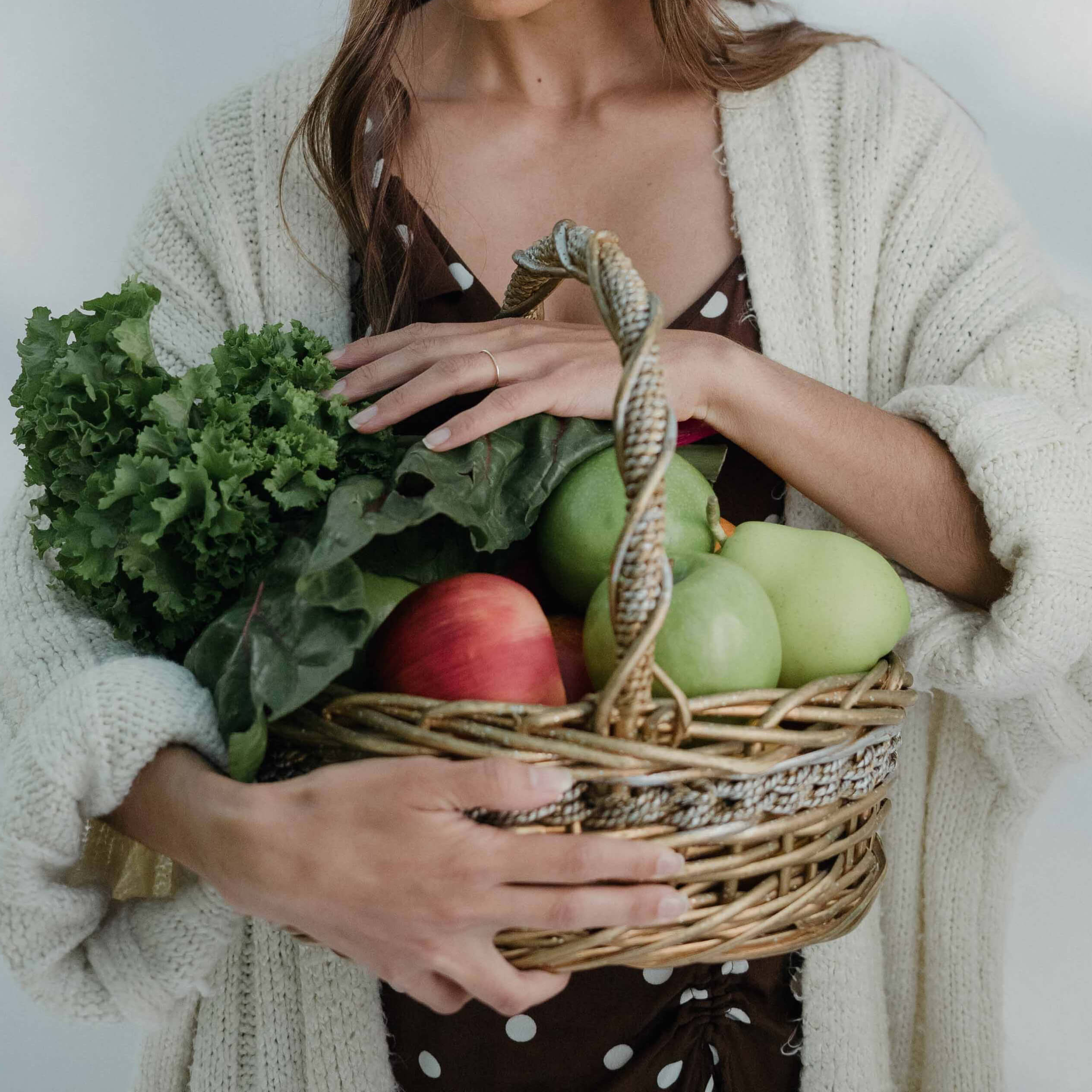

share
click to LEAVE A COMMENT